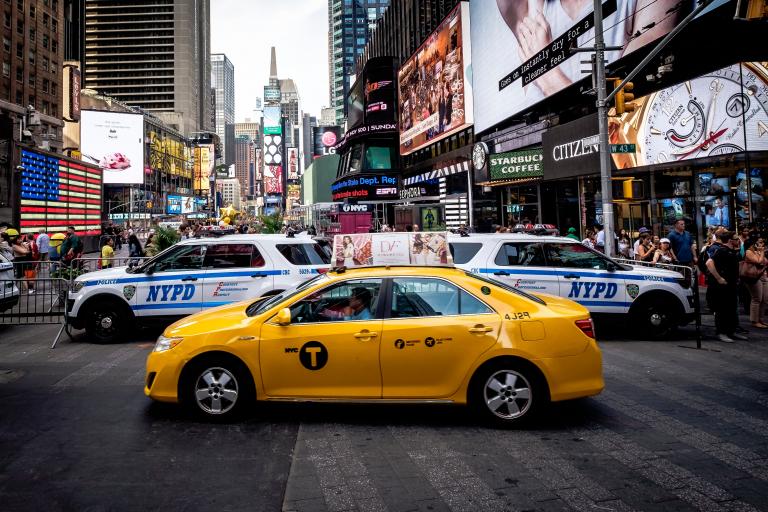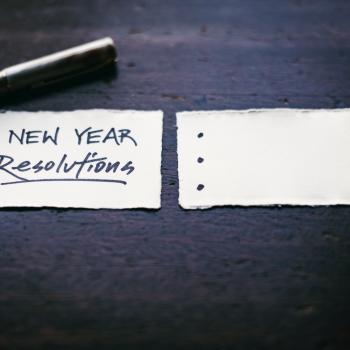There is perhaps no greater tragedy in today’s world than the loss of truth. We have made reality a relative, subjective experience. Now, we do not discover truth. We get to choose what it is. If we don’t like something, we simply discard it as false.
The trouble with the whole idea that “perception is reality” is that it is wrong. We’ve allowed our biases, our narratives, and our predispositions to color the way we view the world. And rather than question our filters, we aggressively question anyone (or anything) that suggests we might have filters at all.
The result is a subtle game with gigantic implications. All of us are running around, trying to convince ourselves and everyone else that our version of reality reigns supreme. The version where I am right and appreciated to the degree I deserve.
How We Lie To Ourselves
Do you remember a few years ago when that picture of the dress went viral and everyone’s mind was blown because some people swore it was white and gold and others it was black and blue? The reason people saw different colors was because their eyes were making assumptions about what surrounded the dress.

This happens in all of our circumstances, in every arena of life. Our brains work to categorize things, in order to slow down the process of recognition. So, every time we see a yellow vehicle with a meter, we think “taxicab” automatically – we no longer have to search and ask and discover what this vehicle is.
The problem is that sometimes we assume more than is there. We might see a yellow car in the shape of a cab and categorize it as a taxi. Later, we will even swear we saw a meter inside as it passed. We do this because we have a hard time separating our biased assumptions with empirical observation. Was it a cab or wasn’t it? Did I really see a meter or did I assume one because of the shape and color of the car?
The reason this matters is because we do it in all areas of our lives. In a way, our own biases deceive us. Our predispositions can pull the wool over our own eyes. And our brain is manipulating reality to fit quickly and easily into our conditioned narratives. Imagine every man you had a relationship with (father, friends, brothers, boyfriends) were tall and strong and abusive. Your brain would associate the height and muscles with danger. And so, a man may hit on you at a bar – a tall, strong man – and you will cower thinking you are in danger. Even though he may, in fact, be the kindest, gentlest man on earth.
Discovering Truth

The point here is that we spend so much of our existence trying to defend and justify our categories. What we lose in the process is a nuanced understanding of the truth. We may fight against things that could help us grow. Because we are seeing the dress as one color, we start to define truth by the parameters of our experience rather than the diversity of its manifestations.
Our world is in desperate need of truth. We need to name our own biases and strengthen our ability to see more than the vague categories we’ve developed. Perception is not reality. Truth is reality. And we live in a fractured world precisely because we confuse the two.












